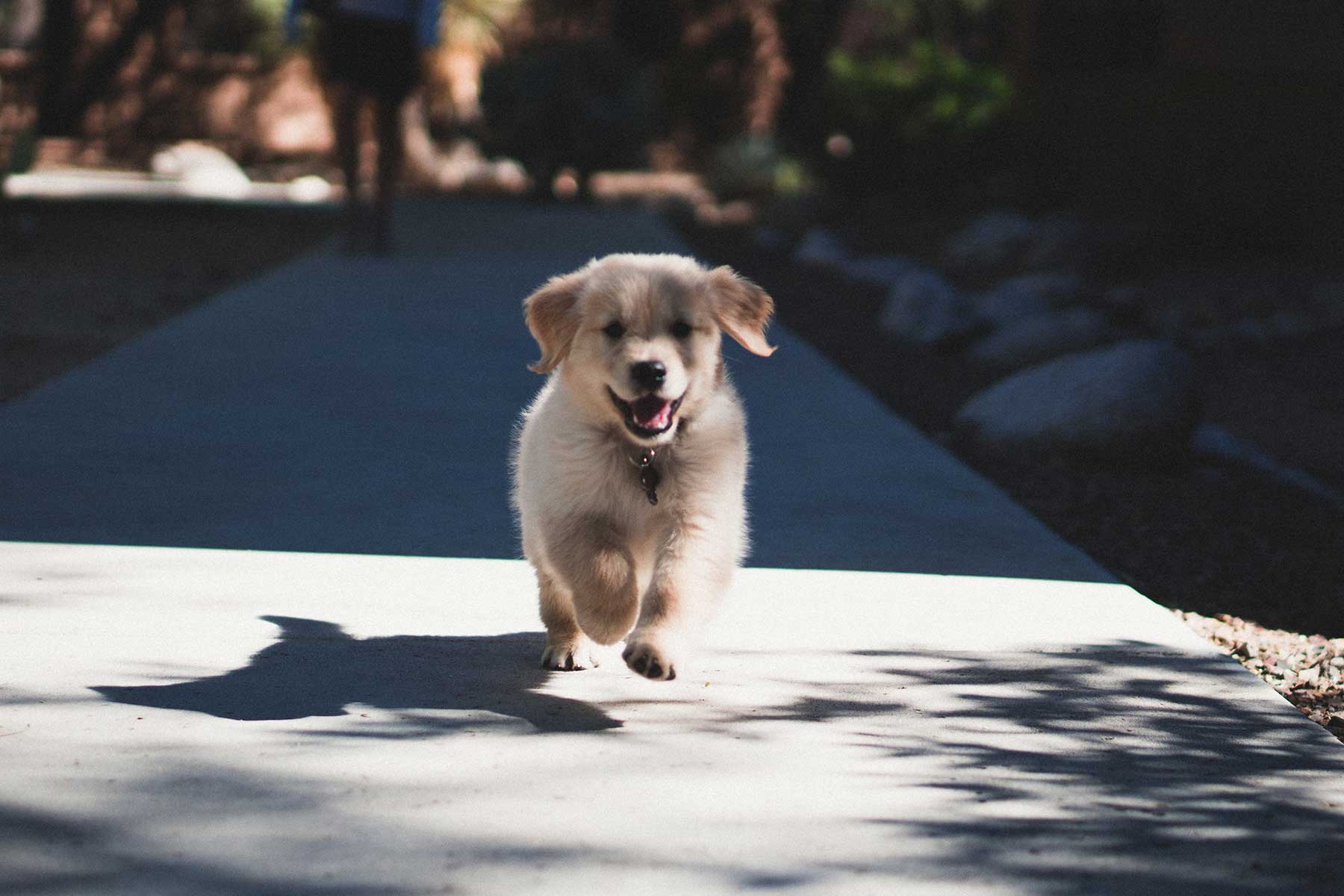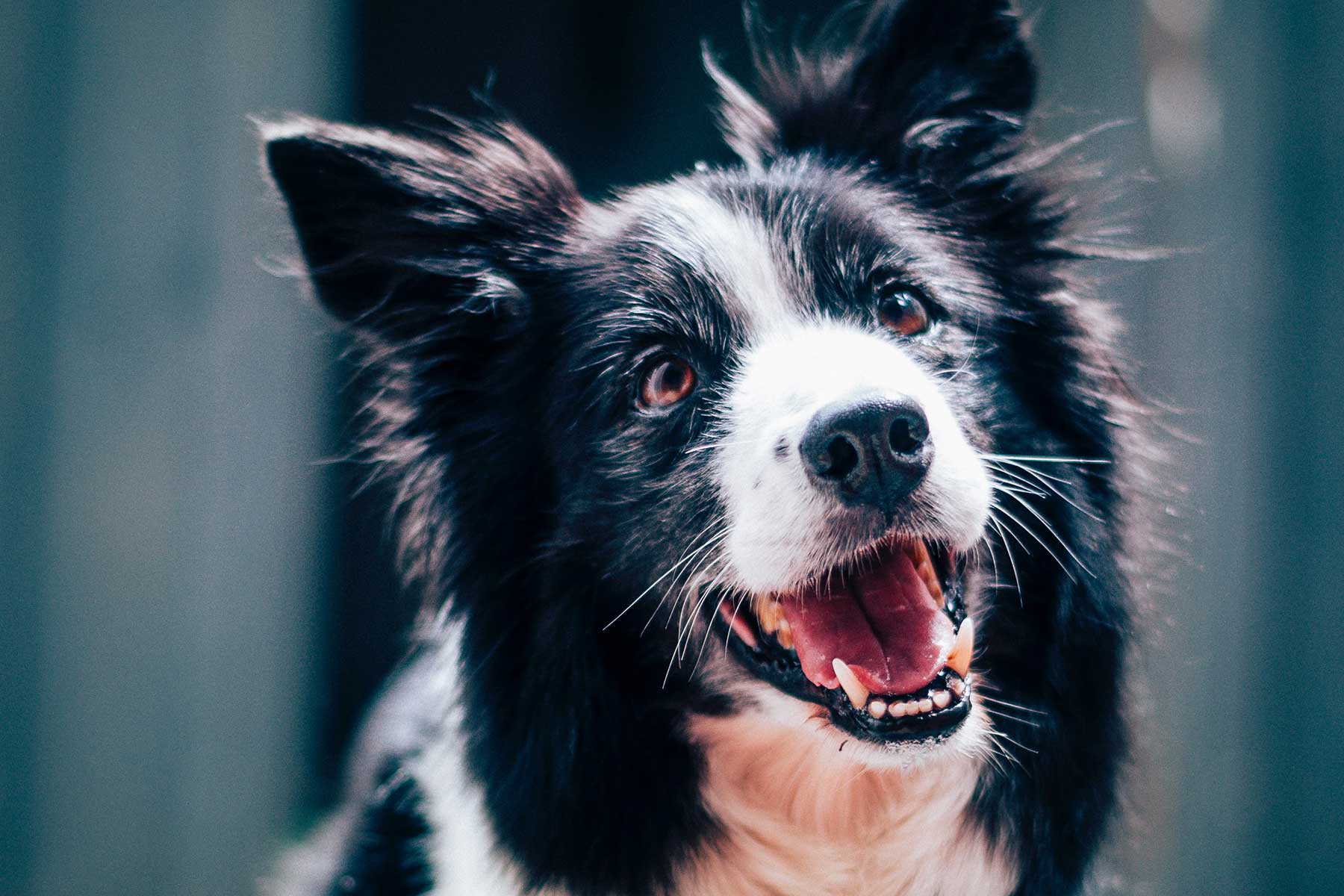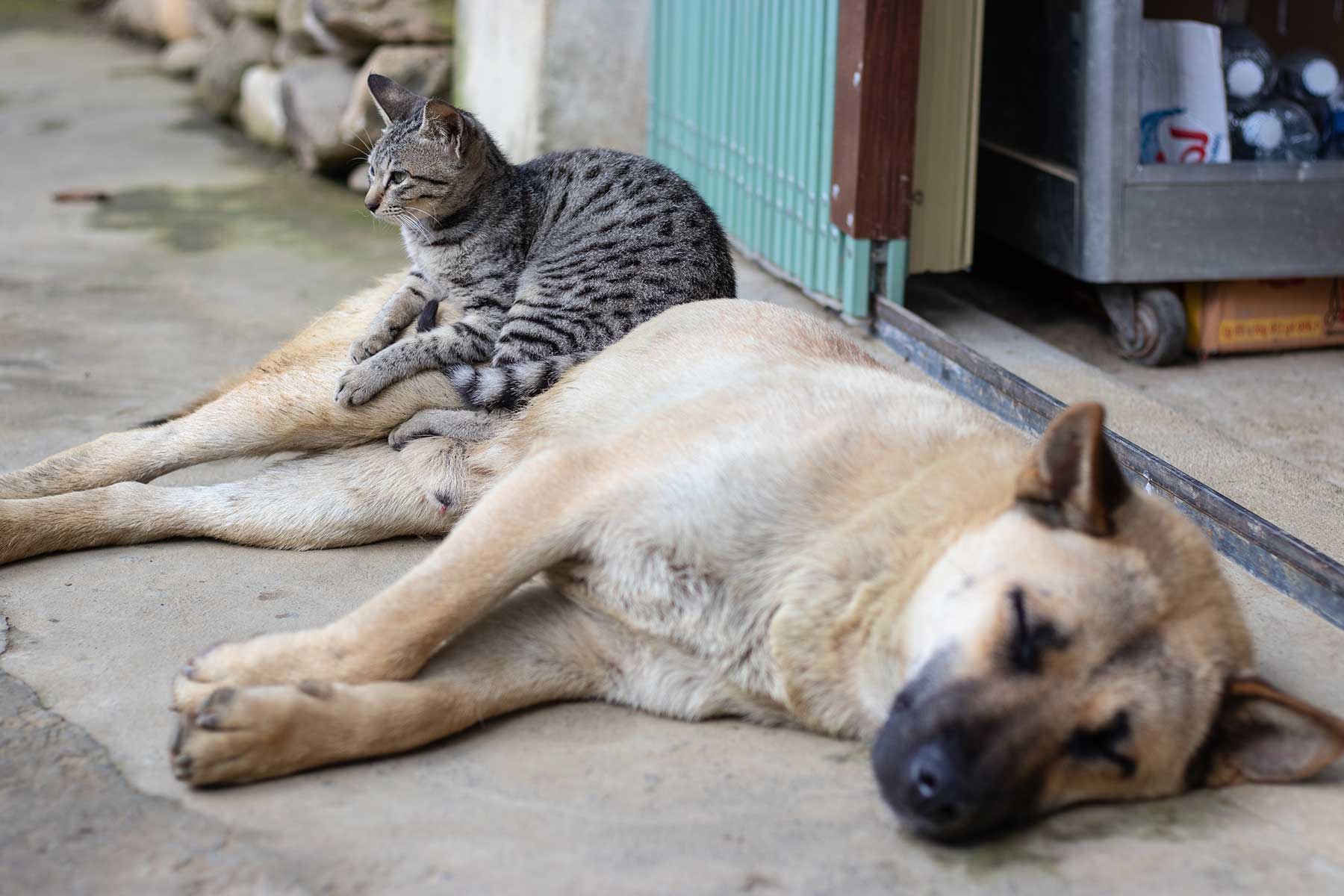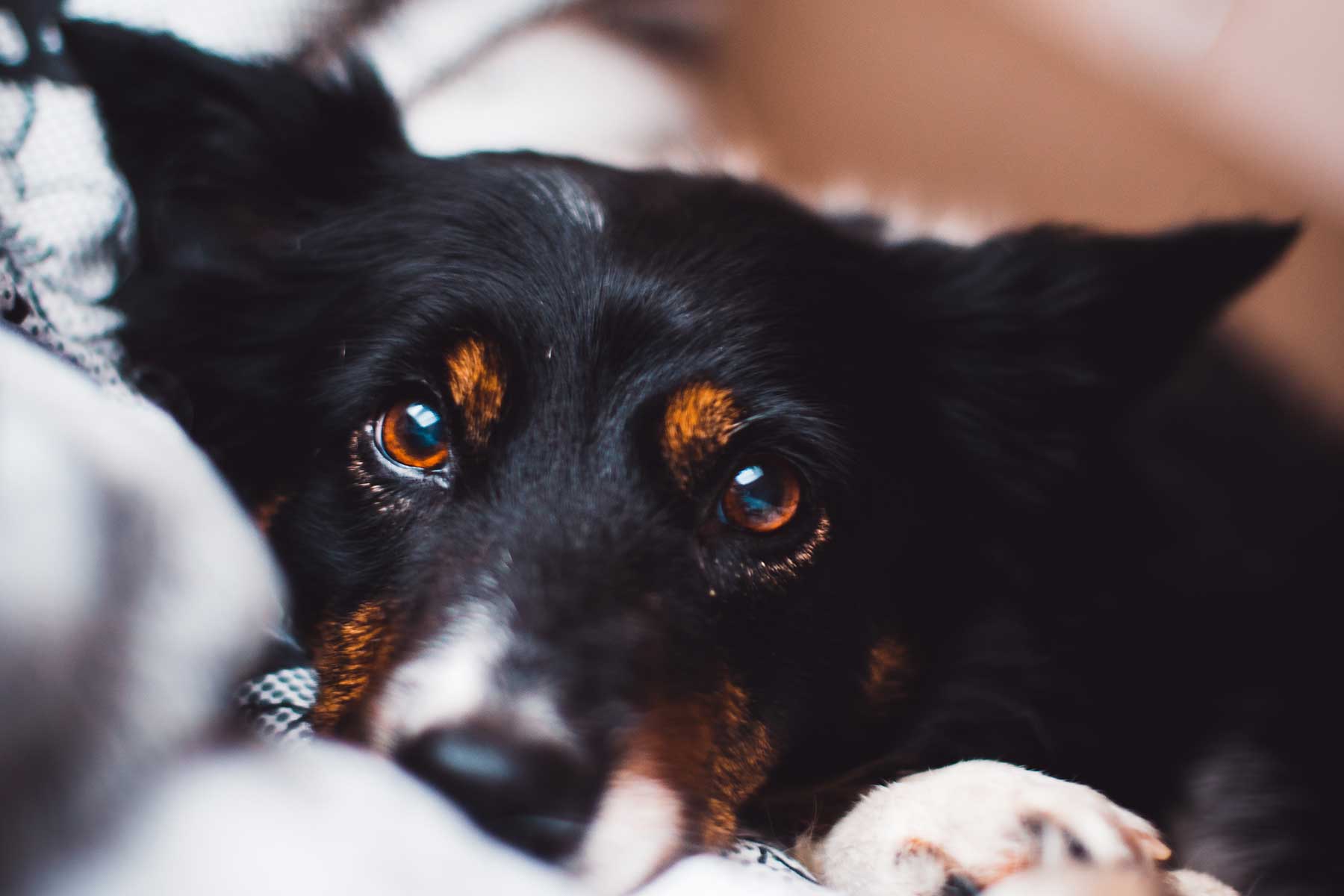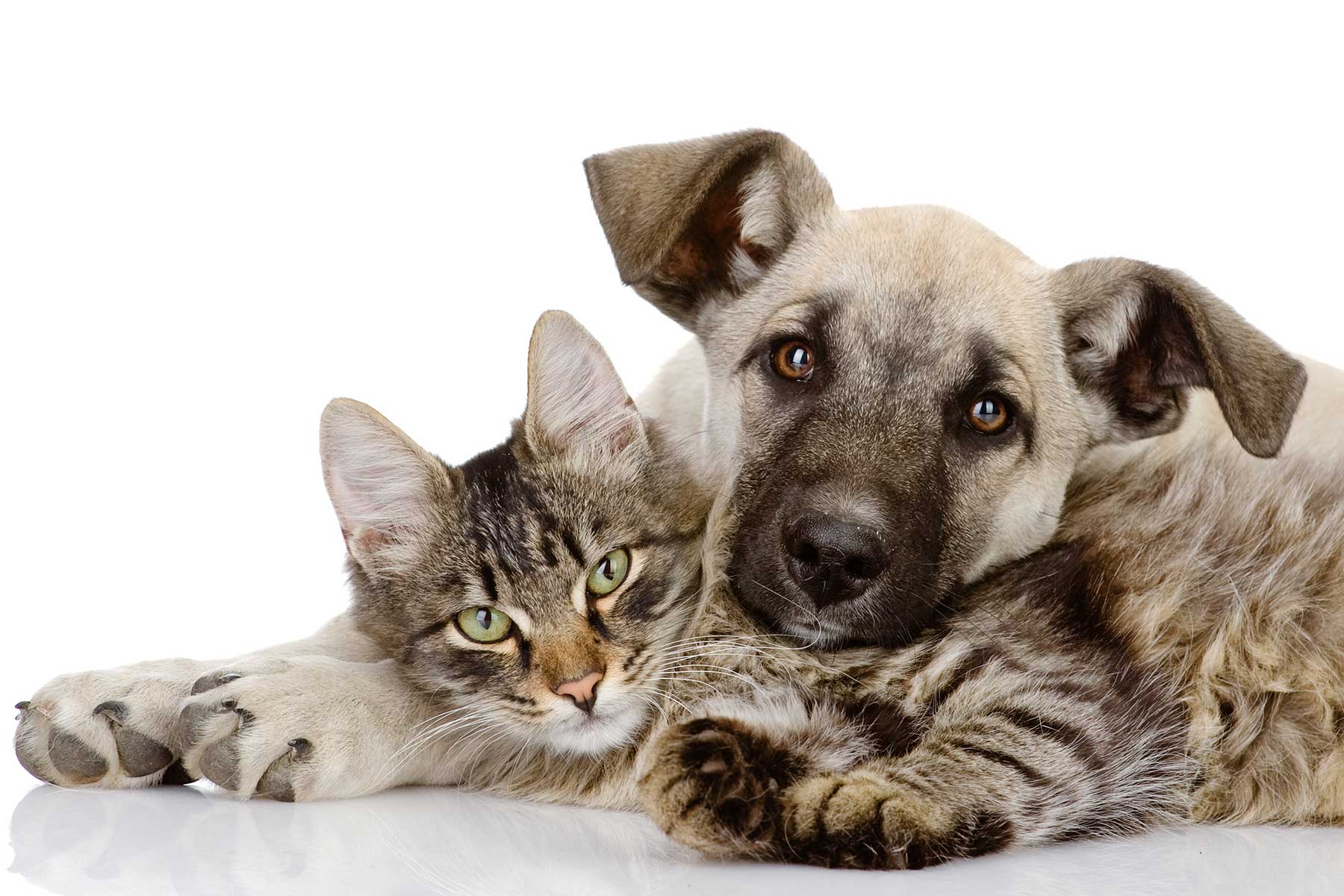Canine Parvovirus
Every year we treat patients suffering from a range of serious diseases. In some instances, these diseases could have been easily prevented by vaccinations. For example one of the most dangerous infections dogs are exposed to is parvovirus. Even with the very best treatment, some dogs/puppies will not survive when infected.
What Is Parvovirus?
Canine parvovirus infection is a relatively new disease that first appeared in 1978. Parvovirus or parvo as we sometimes refer to it as, is a highly infectious virus that attacks the gastrointestinal tract and cardiovascular systems of dogs. The main source of the virus is the faeces of infected dogs. The faeces of an infected dog can have a high concentration of viral particles. Susceptible animals become infected by ingesting the virus. Subsequently, the virus is carried to the intestine where it invades the intestinal wall and causes inflammation.
Parvovirus is highly contagious and resistant to the effects of heat, detergents and alcohol so it can remain in the environment for up to a year after an infected dog has been there. This is why the virus can reoccur especially in unvaccinated dogs or in dogs where vaccinations have lapsed. Due to its stability, the virus is easily transmitted via the hair or feet of infected dogs, contaminated shoes, clothes, and other objects. This means that even if your dog never goes to the park or mixes with other dogs, it can be exposed to virus in the environment. Dogs that become infected with the virus and show clinical signs will usually become ill within 7-10 days of the initial infection.
How Do You Know If Your Dog Has Parvovirus?
Signs Of Parvo:
- sudden onset of bloody diarrhoea,
- lethargy,
- unwillingness to eat
- repeated episodes of vomiting
It is important to note that many dogs may NOT show every clinical sign. Parvovirus may affect dogs of all ages, but is most common in dogs less than one year of age. Young puppies less than five months of age are often the most severely affected and the most difficult to treat.
Diagnosis Of Parvovirus
Diagnosis of parvo can be a challenge because the clinical signs can mimic other diseases that can cause vomiting and diarrhoea. The positive confirmation of parvovirus infection requires the presence of the virus in the faeces or the detection of canine parvovirus antibodies in the blood serum. Occasionally, a dog will have parvo but test negative for virus in the faeces. Fortunately, this is not a common occurrence. A tentative diagnosis is often based on the presence of a reduced white blood cell count (leukopaenia). If further confirmation is needed, faeces or blood can be submitted to a veterinary laboratory for the other tests.
As with any virus disease there is no treatment to kill the virus once it infects the dog. However, the virus does not directly cause death; rather, it causes loss of the lining of the intestinal tract. This results in severe dehydration, electrolyte (sodium and potassium) imbalances, and infection in the bloodstream (septicaemia). It is when the bacteria that normally live in the intestinal tract are able to get into the blood stream that it becomes more likely that the animal will die.
Treatment Of Parvovirus
The first step in treatment is to correct dehydration and electrolyte imbalances. This requires the administration of intravenous fluids containing electrolytes. Antibiotics and anti-inflammatory drugs are given to prevent or control septicaemia. Antispasmodic drugs are used to inhibit the diarrhoea and vomiting that perpetuate the problems.
Most dogs with parvo infection recover if aggressive treatment is used and if therapy is begun before severe septicaemia and dehydration occur. For reasons not fully understood, some breeds have a much higher fatality rate than other breeds.
Prevention And Vaccinations
The best method of protecting your dog against parvo infection is by vaccinating with premium vaccines. Puppies receive a parvovirus vaccination as part of their vaccine regime. After the initial series of puppy vaccinations, all adult dogs require boosters every one to three years depending on your dog’s vaccination regime. Bitches should be boosted before mating in order to transfer protective antibodies to the puppies.
If you have a puppy and are concerned about ensuring they have enough socialisation and are protected from parvovirus, then you can find out more here.
Learn more about the types of parvovirus vaccinations (when they’re required, what is necessary and why) and schedule an appointment at a vet clinic near you.
Parvovirus – parvo virus, parvo-virus




